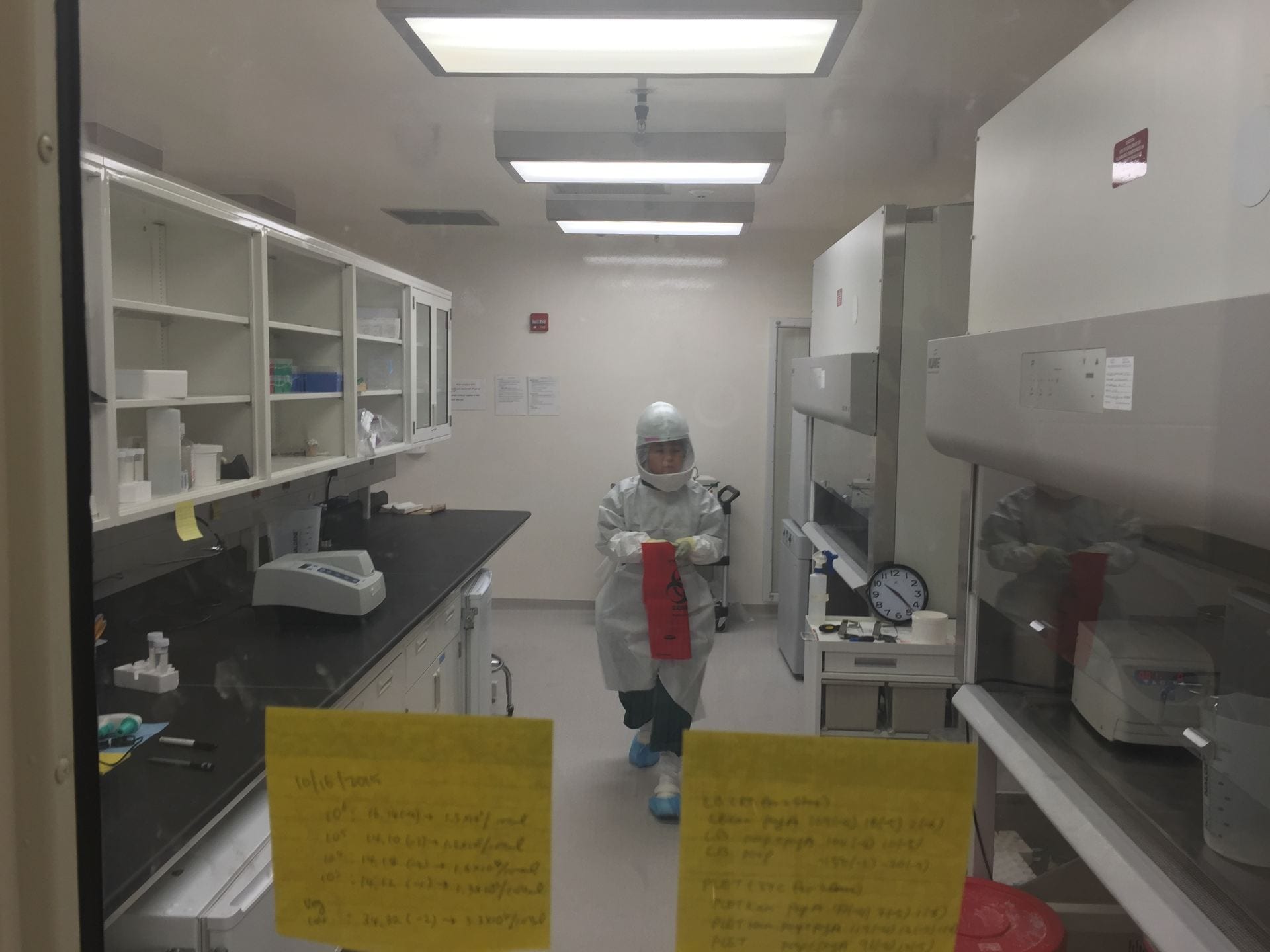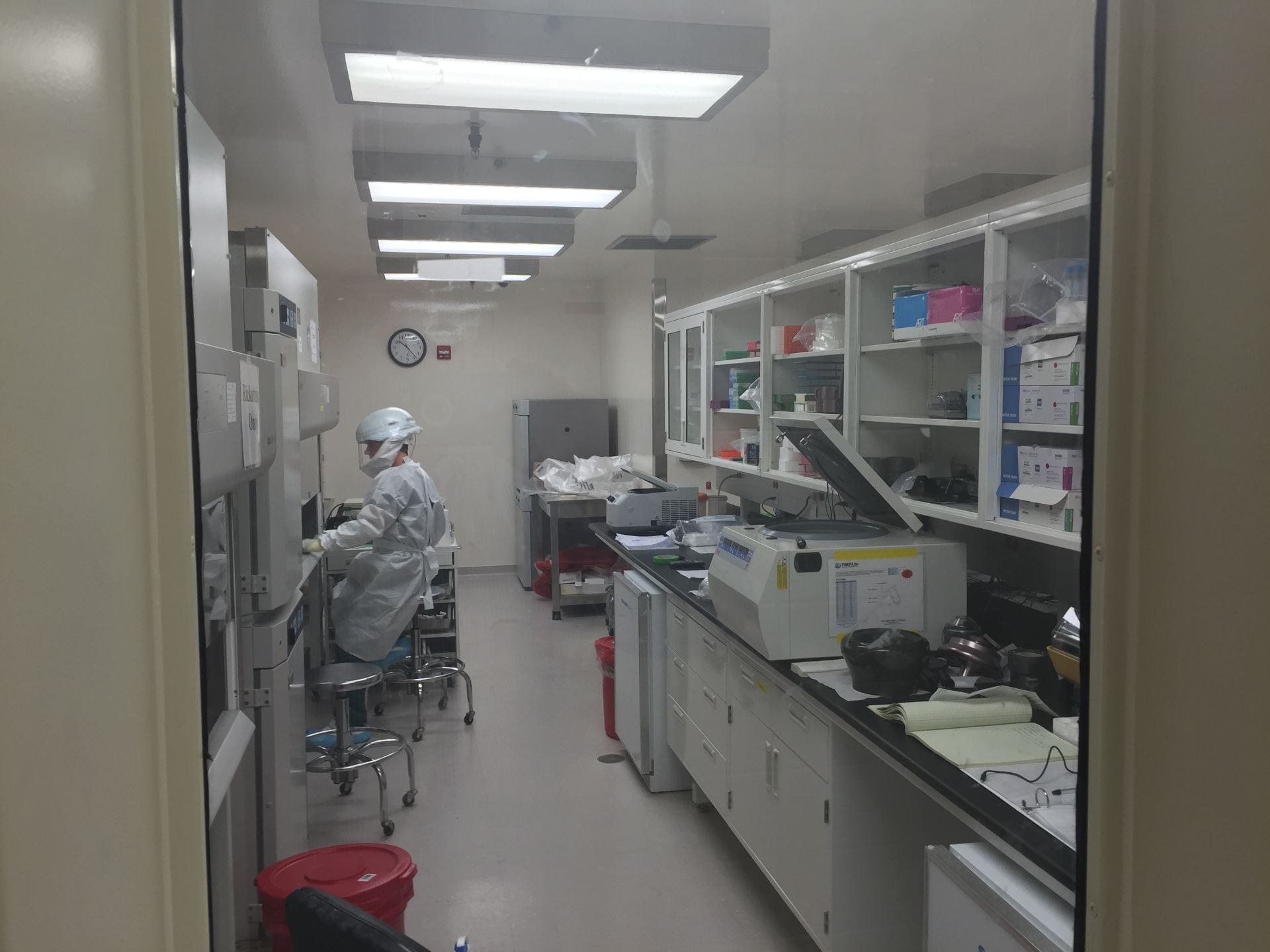Director’s Message
The Howard T. Ricketts Laboratory (HTRL) is a state of the art BSL-3 facility constructed to support research on bacterial and viral pathogens. The University of Chicago built the Laboratory with financial support from the National Institute of Allergy and Infectious Diseases. The HTRL was commissioned in 2009 and began research operations in early 2010. It is registered with the US Select Agent Program and its mission is to carry out cutting-edge translational research on biodefense-related agents as well as the causative agents of emerging infectious diseases. Research conducted here is aimed at developing new vaccines and therapeutics for a variety of diseases including: anthrax, plague, brucellosis, spotted fevers, MRSA and Q-fever. The HTRL is also a training site for training in biosafety and BSL-3 operations.
All of the research staff at the HTRL are committed to working at the highest levels of safety and ethical behavior. We are proud to present the information on these pages as a resource for learning about our facility, its capabilities and research programs, as well as links to other sites for additional information about biodefense, biosafety, and microbial pathogenesis.

Dominique Missiakas, Ph.D.
HTRL Director
Mission
The mission of the Howard T. Ricketts Laboratory is to carry out cutting-edge research aimed at creating novel therapeutics for biodefense-related and emerging infectious diseases. This research is carried out with the highest possible standards for personnel safety, protection of the public and the environment, and the ethical treatment of animals. The HTRL develops superior models for infectious diseases and provides technologies that are not readily available in Biosafety Level 3 containment.
The HTRL aims to produce the highest quality and most interesting science in host-pathogen biology that leads to the creation of vaccines and novel antimicrobial therapies for biodefense-related and emerging infectious disease agents.
The HTRL aims to support local, state, regional and federal activities in times of crisis. HTRL resources will be available to provide facilities and scientific expertise to first responders in the event of a national emergency.


